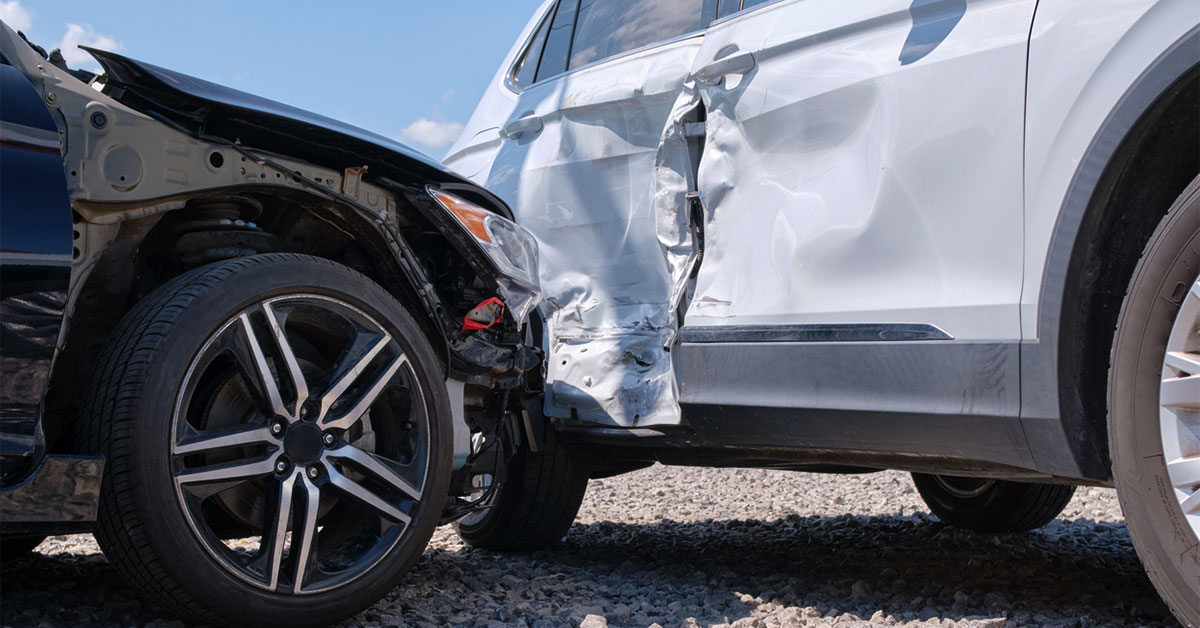Let’s face it: hardly anybody actually enjoys paying for car insurance. Still, the truth is that maintaining a certain level of car insurance coverage is one of the legal requirements for owning and driving a vehicle in nearly every state. If you’re looking to purchase cheap car insurance, you’re not alone.
Many drivers try to find the best deal on car insurance by comparing rates from multiple carriers. What you don’t want to do, however, is compromise the quality of your coverage when doing so. Although a significantly lower premium may sound fantastic, it could have a few disadvantages, such as high deductibles or minimum coverage. To help you along your search, here are a few things to know when considering cheap car insurance.
1. Cheap Car Insurance Could Mean Insufficient Coverage
There are many potential drawbacks to choosing the cheapest car insurance that is available to you. For starters, one of the major drawbacks is ending up with a car insurance policy with insufficient coverage.

While an insurance company should always provide you with the minimum requirements mandated by your state, you may need more than the minimum to protect you in the event of an accident. If your state has low insurance requirements, consider purchasing coverage limits above the minimum limits to give you a greater safety net.
Recently, some states, including California, have increased their state minimum insurance requirements. To learn more about these changes, click here.
2. Potential for More Out-of-Pocket Expenses for Repairs
Choosing the highest deductibles for your collision and comprehensive coverage can be tempting when trying to find cheap car insurance. However, this could be a mistake, depending on your financial situation.

If an accident occurs and you can’t afford to cover your deductible, your cheap insurance policy won’t do you much good. When selecting your plan’s deductible, consider an amount you’ll be comfortable paying after an accident. Even if it raises your car insurance premium slightly, the difference could still be easier on your wallet than paying a couple thousand dollars at once.
In addition, remember that most states require motorists to carry liability insurance, which only covers damage you cause to others and their property. If you opt only to purchase liability coverage, you’ll need to set aside funds to cover your own repair costs following an accident.
3. Lack of Uninsured Motorist Coverage
According to a 2021 Insurance Research Council (IRC) study, one in eight drivers are uninsured nationwide. Although some states require all drivers to carry some form of uninsured motorist coverage, many do not.

If you live in a state that does not require uninsured motorist insurance, it’s likely that a cheap car insurance policy will not automatically include uninsured coverage. What does this mean for you if an uninsured driver hits you? You’ll have to cover repair costs yourself if you don’t carry collision coverage.
In most cases, uninsured motorist coverage limits will mirror your liability coverage limits. Because of this, it is recommended to opt for higher limits if you live in a state with low minimum requirements to keep you adequately protected.
4. Cheap Car Insurance Could Mean Cheap Customer Service
Although you may be happy with your low premium, it may come with various tradeoffs, such as access to good customer service when you file a claim. After a stressful accident, the last thing you want is a stressful claims process.
Insurers offering cheaper plans than most may not have the resources you need after an accident compared to more established providers. Limited resources could mean your claim has a slower turnaround time, delaying any compensation you are entitled to or how soon you get your vehicle back from being repaired. Although customer service may not be the first thing that comes to mind when comparing car insurance policies, it is an important factor to consider, especially if you have filed a claim before.
Finding Affordable and Quality Car Insurance is Possible
As you can see, there are plenty of reasons why opting for a cheap car insurance policy could lead to further expenses down the line. However, that doesn’t mean finding affordable insurance rates with quality coverage is impossible—you just have to know how to search.
For starters, the easiest way to find quotes that fit your budget is to compare quotes from multiple providers regularly. Not only will this help you understand what certain coverages cost, but you may also find that some carriers weigh certain factors more than others. This is often a recommended approach for drivers with accidents on their records. Once you find a preferred carrier, always ask about any insurance discounts you may be eligible for.
At AIS, our insurance specialists can assist you throughout your search for free. We have over 55 years of experience helping our customers find reliable coverage through our network of trusted insurance partners. Whether you’re hoping to change providers or want to see the options available, we can help. Give us a call at (888) 772-4247 to speak with an insurance specialist, or start a free quote online today.
The information in this article is obtained from various sources and offered for educational purposes only. Furthermore, it should not replace the advice of a qualified professional. The definitions, terms, and coverage in a given policy may be different than those suggested here. No warranty or appropriateness for a specific purpose is expressed or implied.


